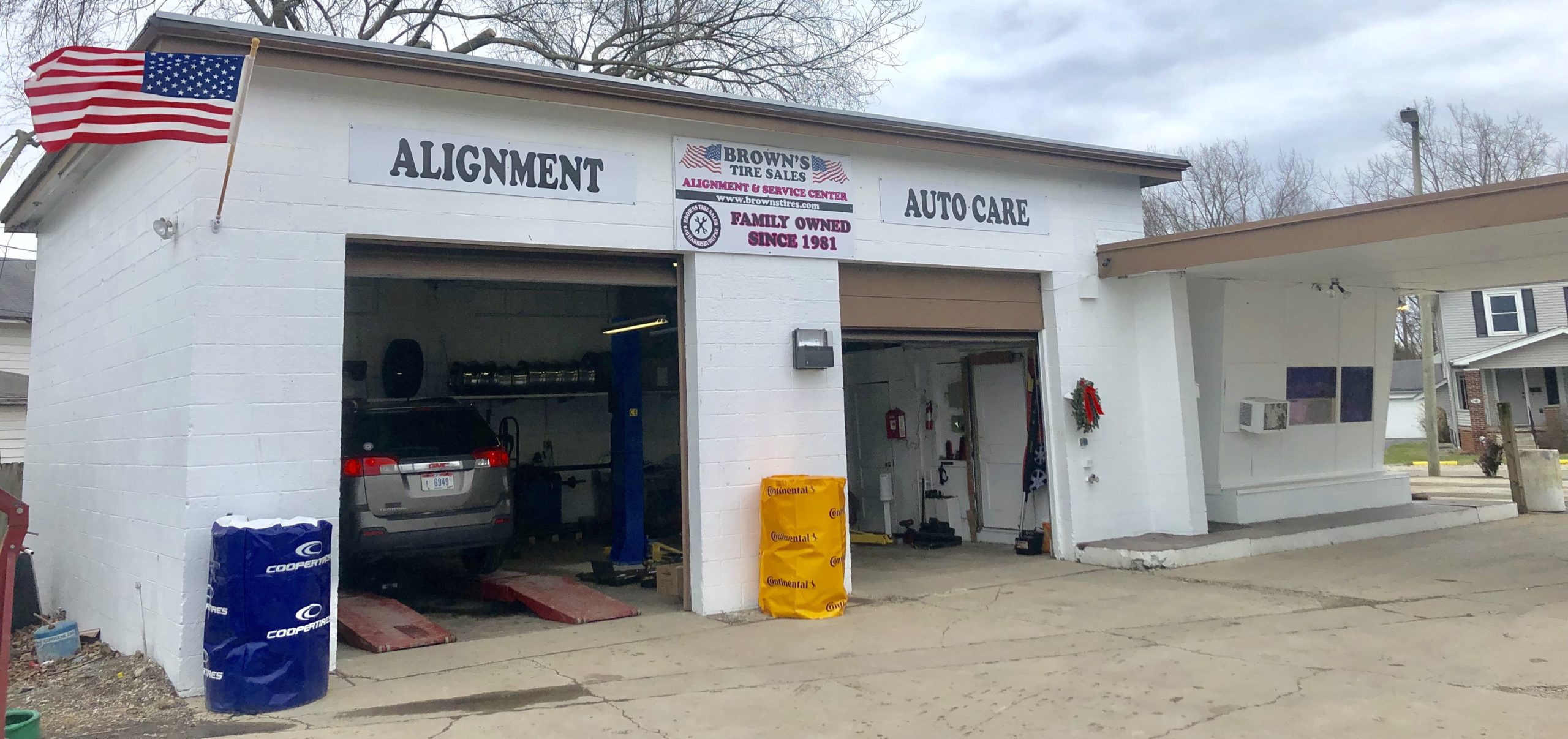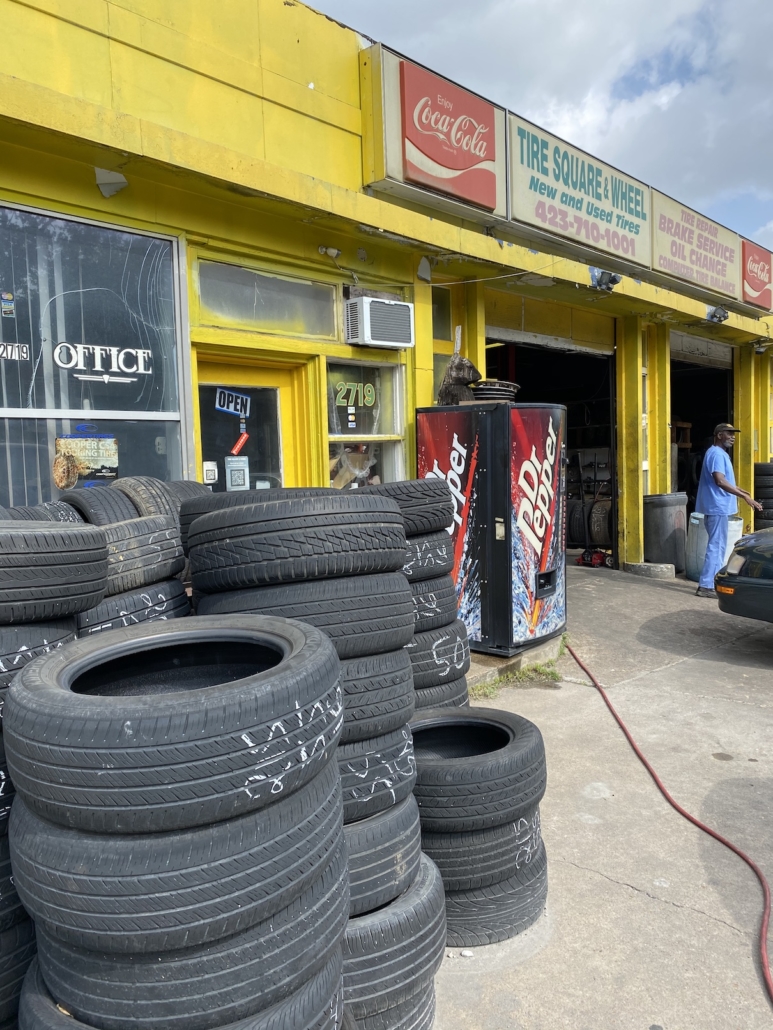The Ecological Benefits of Proper Tire Upkeep
Keeping appropriate tire treatment is frequently forgotten, yet its effect on the environment is profound. Correct tire upkeep not only expands the life expectancy of tires yet also reduces landfill waste and contributes to boosted air quality.
Decreased Gas Intake
Improving tire upkeep practices can lead to a considerable decrease in gas usage for lorries. discount tires morris il. Properly filled with air tires guarantee optimum call with the roadway surface area, minimizing rolling resistance and boosting fuel effectiveness. According to the United State Department of Energy, underinflated tires can lower gas mileage by 0.2% for each 1 psi drop in pressure in all four tires. This may appear like a small portion, yet when increased by the variety of vehicles when driving, the cumulative influence is considerable.
In enhancement to tire stress, routine tire turnings and placements also play an important role in fuel efficiency. Unevenly used tires can boost gas usage as the engine works harder to maintain rate and traction. By keeping correct placement and turning tires at recommended periods, drivers can make sure even wear and lengthen the life of their tires, eventually saving gas and lowering their carbon impact.
Extended Tire Life Expectancy
Expanding the life expectancy of tires is a key aspect of reliable vehicle upkeep practices that can generate price savings and ecological advantages in the future. By correctly preserving tires, drivers can substantially lengthen their usability, lowering the regularity at which brand-new tires need to be manufactured and old ones thrown away. This not only saves valuable sources yet likewise minimizes the energy and exhausts associated with tire production and disposal procedures.
Consistently examining tire pressure, revolving tires, and making sure proper alignment are necessary action in expanding tire lifespan. Ample tread depth is essential for ideal grip and safety, but it additionally plays a duty in the length of time tires can be used before needing replacement. Additionally, staying clear of aggressive driving habits that speed up tire wear, such as harsh braking and sharp turns, can additionally boost tire durability.
Eventually, enhancing the longevity of tires through proactive upkeep not only profits the atmosphere by decreasing waste and conserving sources however additionally results in cost financial savings for car proprietors by postponing the requirement for new tire purchases.
Reduced Emissions Outcome
Effective tire upkeep practices contribute to a reduction in emissions outcome, straightening with environmental sustainability objectives in the automobile sector. By maintaining optimal tire stress degrees, chauffeurs can assist mitigate these negative ecological effects.
Moreover, well-maintained tires also morris tire service improve traction and decrease rolling resistance, better improving fuel efficiency. This, in turn, minimizes the amount of exhaust gases released right into the atmosphere. Furthermore, guaranteeing tires are correctly blown up and straightened can extend the life expectancy of the tires, lowering the frequency of tire substitutes and the connected ecological prices of tire manufacturing and disposal.

Reduced Landfill Waste
Provided the favorable impact of appropriate tire upkeep on decreasing emissions output, an additional substantial environmental advantage is the potential for lowered garbage dump waste. They use out faster and need to be changed much more frequently when tires are not kept correctly. This results in a higher volume of utilized tires being disposed of in land fills. Nonetheless, by ensuring that tires are appropriately blown up, straightened, balanced, and rotated routinely, their life expectancy can be dramatically expanded. This means that fewer tires finish up in land fills, reducing the quantity of non-biodegradable waste in these currently overflowing sites.

Improved Air Quality
Enhancing air top quality via proper tire upkeep practices is a vital facet of sustainable ecological stewardship. When tires are underinflated, they develop extra rolling resistance, resulting in boosted fuel consumption and higher exhausts of unsafe toxins such as carbon monoxide and nitrogen oxides. Properly inflated tires not just improve gas efficiency but additionally minimize the amount of toxins launched into the air.
Additionally, well-maintained tires with appropriate walk depth and placement contribute to more secure motoring conditions, minimizing the probability of accidents that can lead to the launch of extra contaminants right into the ambience. By extending the lifespan of tires through normal her response maintenance and rotation, fewer tires are disposed of prematurely, reducing the environmental effect of tire disposal and production processes.
Verdict
To conclude, appropriate tire maintenance provides various ecological advantages. By reducing gas intake, expanding tire life-span, lowering emissions output, lowering land fill waste, and boosting air quality, people can add to a much healthier earth. These efforts not just benefit website link the setting but additionally aid to preserve sources and reduce general ecological effect. It is crucial for people to focus on tire maintenance as a straightforward yet effective means to shield the atmosphere for future generations.
Proper tire maintenance not only expands the life expectancy of tires but also reduces garbage dump waste and contributes to boosted air quality - tire tracks morris il. By maintaining proper positioning and turning tires at recommended periods, chauffeurs can guarantee also prolong the life and put on of their tires, inevitably saving gas and reducing their carbon footprint
By properly keeping tires, drivers can significantly extend their use, decreasing the frequency at which new tires require to be manufactured and old ones disposed of.Consistently inspecting tire stress, turning tires, and ensuring proper placement are important actions in extending tire life expectancy. In addition, ensuring tires are properly blown up and aligned can prolong the life expectancy of the tires, lowering the frequency of tire substitutes and the associated environmental expenses of tire manufacturing and disposal.